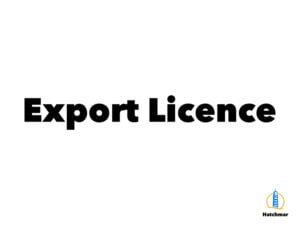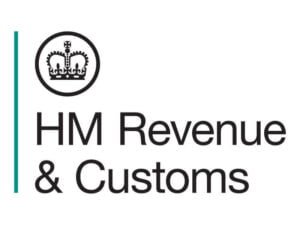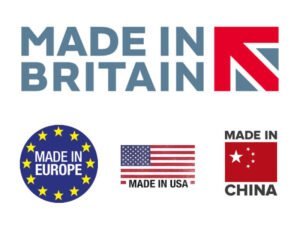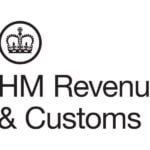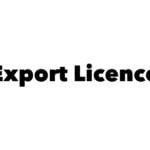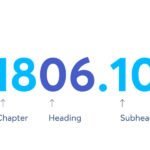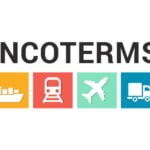Incoterms
These are used to define for all international transport movements who pays for the different aspects of the journey, who is responsible to arrange that part of the movement, provide documents, effect insurance, etc. Usually agreed between buyer and seller when making the contract, they also provide a basis of value for Customs. They are therefore of some considerable importance to both forwarder and shipper, so it is important to understand who ‘controls’ movement. The latest version is ‘Incoterms 2020’ which includes 11 valid Incoterms, the most common of which are listed below.
Ex Works (EXW) Named Place
Under this term, the seller must make the goods available to the buyer at his factory at the time and date agreed in the contract. All other costs for loading to the collecting vehicle, transport to the air/sea port of loading, plus loading to carrying mode, documentation, international freight, unloading, customs clearance cost, duty, tax and final delivery is paid by the buyer. In practice, however, the seller usually arranges to load the goods to the collecting vehicle, even though it is not legally their responsibility to do so. It can be used for any mode of transport.
Free on Board (FOB) Named Place
Here the seller pays for the packing of the goods fit for shipment, delivery to the place of loading, handling costs of load on board the International transport, plus any Customs documentation to achieve same. At this point that the buyer start to pay costs, and is responsible for International freight, unloading, customs clearance, duty and taxes, plus the final delivery expenses. It is also the customs value to declare at export. This term is technically only for use in the sea freight industry, but is frequently used incorrectly for any mode of transport. By air, for example, FCA is more correct.
Cost Insurance and Freight (CIF) Named Place
The seller is now responsible for transport and handling costs up to the destination port/airport including insurance, the buyer then becomes responsible for customs clearance, duty and taxes, handling costs, plus final delivery only. This is the customs value to be declared at import. Again, technically for Sea mode only, but is commonly used for all modes.
Delivered Duty Paid (DDP) Named Place
Here the seller is responsible for all costs, duty and taxes incurred by the goods until they reach the final agreed destination. To some extent, it is therefore the exact opposite to the Ex Works term quoted above and can be used for all modes. DDP is also the customs value to calculate import VAT.
Put simply, Incoterms can be defined by the first letter of the abbreviation.
Term Example Description
‘E’ Terms EXW No Carriage Prepaid – All charges forward or ‘collect’
‘F’ Terms FOB Main Carriage Unpaid – International freight not prepaid
‘C’ Terms CIF Main Carriage Prepaid – International freight prepaid
‘D’ Terms DDP All Carriage Charges Prepaid including duty and tax to buyer’s door
Insurance
It should be remembered that the “risks of transit” are accepted by whoever pays the transport costs. For example, in the FOB term, if the goods are damaged in transit before the goods are loaded to the ship etc…, the seller is responsible to ensure that adequate insurance cover exists to protect the risk, but from there, the buyer must take on adequate insurance cover (assuming no prior specific agreement was made relating to insurance cover).

